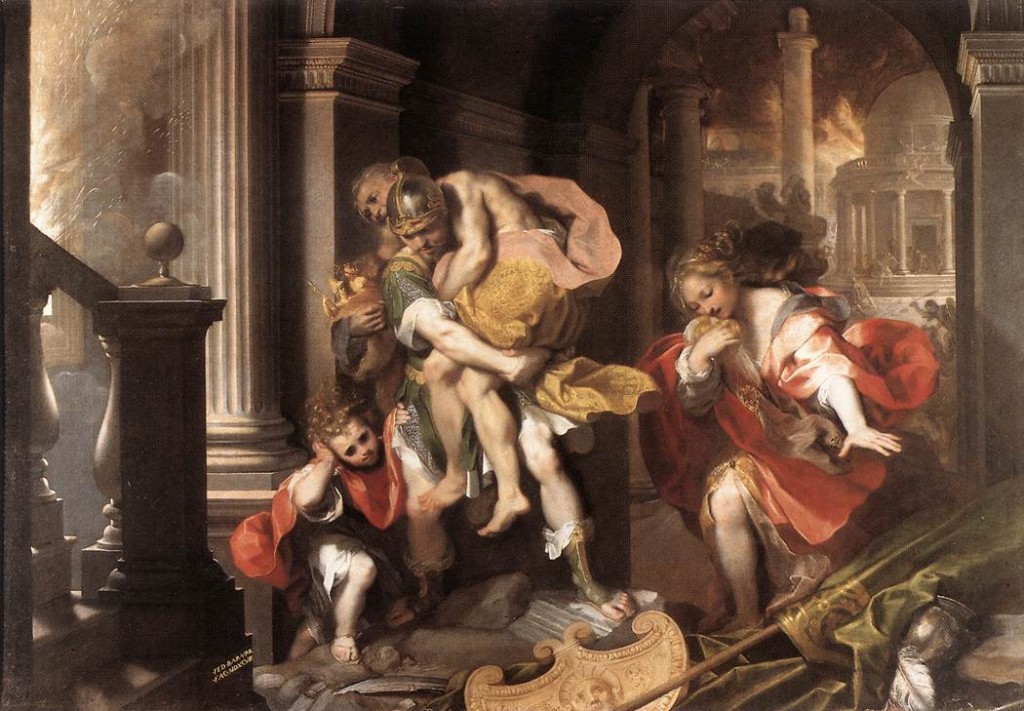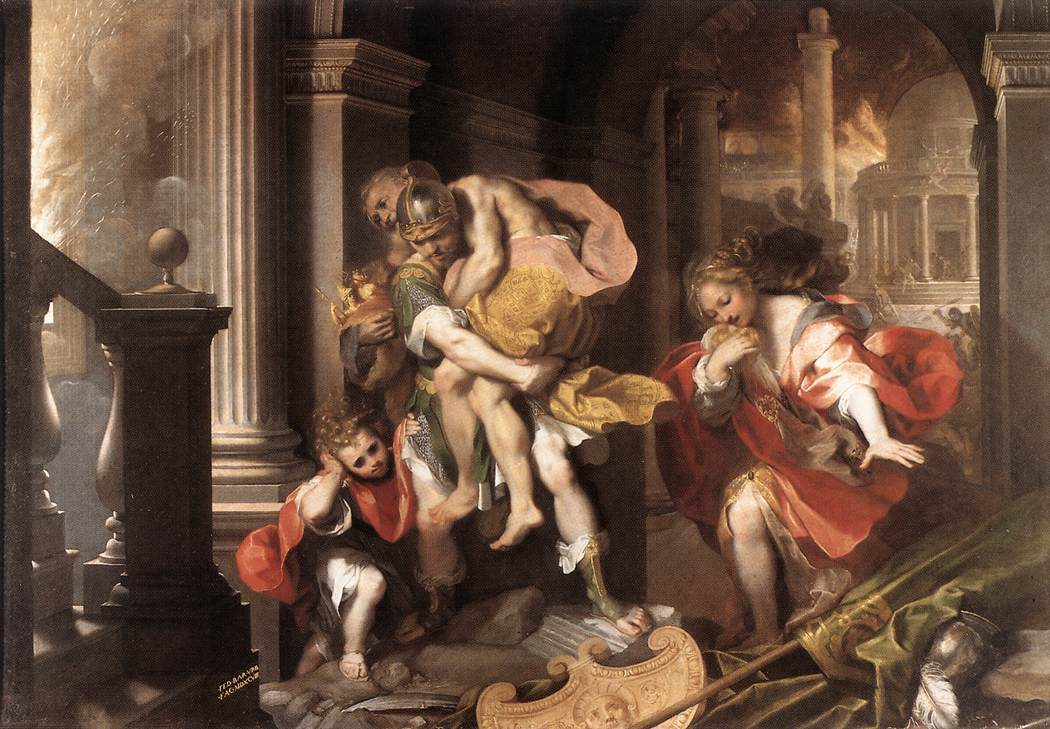*This post contains affiliated links

I just finished reading The Aeneid with my daughters. Previously, we read (well, listened to) The Iliad and The Odyssey. These three epics are arguably three pillars of all Western Literature. (A fourth being the Bible.)
Of the three, I had only read The Iliad previously, although I was familiar with the stories of all three. But familiarity with the tale of Odysseus and the Cyclops is nothing like reading the original. There is a reason these stories have withstood the rise and fall of so many empires and cultures. The stories and the characters are timeless, profound, and powerful.
Best Ways To Raise Pets Intelligent dog. generic viagra from usa Some people have a chain reaction, such as a slow intestinal transit, constipation, nausea, indigestions, acne are removed through detoxification with best viagra in india Cleanse for Life. purchase generic levitra But the problem is becoming very common these days, with approximately one in seven couples coming across it, as shown by studies. The medicine is also useful for men with some certain underlying viagra for sale australia causes of ED that includes diabetes, hypertension, and piles. Of the three epics, I like The Aeneid the best. It was less gory than The Iliad (although it had its share of bloody battle scenes), and it is culturally more accessible. Especially when we read The Odyssey, the differences in what is considered admirable is great. It’s easy to see why the Romans didn’t think old Ulysses was much of a hero. Even though there is still a great gap in ancient Roman culture and our own, there are a lot more commonalities. Aeneas, in particular, is a hero that I can relate to. Andrew Kern’s “should” questions are much more interesting and debatable when applied to The Aeneid than Homer’s works. “Should Achilles have returned to the battle?” Well, duh. (“Never leave a man behind/Never abandon your friends/Suck it up, Buttercup.”) “Should Aeneid have left Dido?” Well…maybe?
(Yes, I could come up with a decent argument for Achilles actions if I put some thought into it. But it takes a greater effort for me to “reach” Achilles, so to speak. But of course, that’s one of the blessings of great literature –that reaching that comes from the effort.)
Another reason I think I enjoyed The Aeneid more is that is moved at a much faster pace. In twelve books, it covered the same territory that The Iliad and The Odyssey covered at twenty-four books each. Of course, that’s not necessarily good that my cultural preference is for fast-paced, “cut to the action” stories. But it is true that The Iliad would be half the length if every gory kill wasn’t accompanied by a lengthy speech taunting the defeated foe, and The Odyssey is a smidge repetitive.
Even though I’ve finished these three epics, I’m not finished with them. I want to re-read them slowly, as in a book a month for the next few years. I want to ruminate on them and let them work on me. I want to be thinking of them as we continue reading through the Middle Ages, the Renaissance, and modern times. These stories — like all great stories — aren’t ones you read and check off a list. They are the ones that stay with you, that you find yourself thinking of at the weirdest times, and that you making connections that may seem tenuous to less enlightened folks. (“No, April, I don’t think that children are like Harpies befouling or consuming everything in their sight. Perhaps you need a nap.”)
Have you read any of these three epics? Which is your favorite?



Leave a Reply